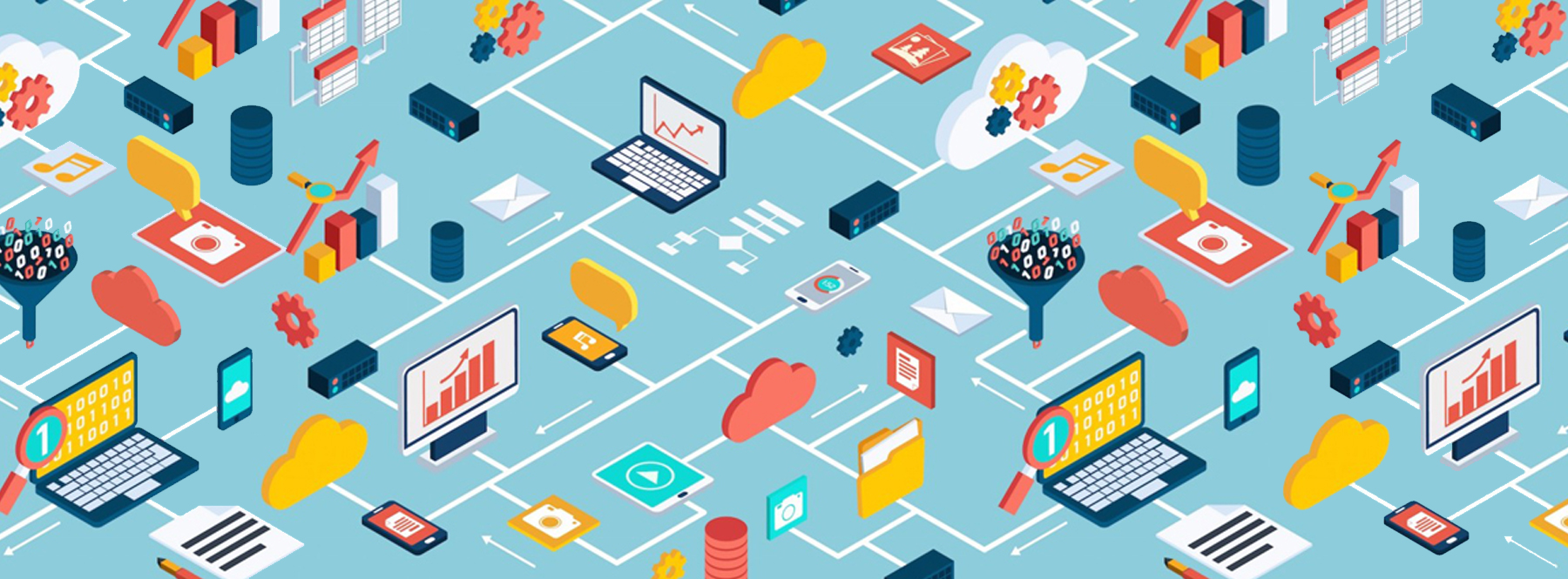
The digital age has revolutionized the way we live, work and communicate. This period, also known as the Information Age, is characterized by the integration of digital technologies into almost every aspect of our daily lives. Since the 70s, the development of information technology and the rise of the Internet have led to an unprecedented transformation in society.
In this article, we will explore in detail how the digital age is defined, the main technological advances that have marked this period and how these changes are impacting key sectors such as education, he job and the global economyIn addition, we will reflect on the challenges and opportunities presented by this new scenario.
What is the digital age?
The digital age is the historical period in which digital technologies play a central role in the functioning of the world. This period began to take hold at the end of the 20th century, with the appearance of microprocessors and consumer computing. Since then, the acceleration of these advances has profoundly transformed the way we produce, store and share information.
In essence, the digital age has allowed information to become a key asset for the economy, by facilitating its access and exploitation through technological tools. This has led to the creation of new paradigms, such as information society and the dematerialization of the economy, where data is the engine of growth.

Technological breakthroughs
The digital age is based on a series of innovations that have transformed the way we interact and operate in the world. Among the most influential technologies are:
- Internet and IoT (Internet of Things): Connectivity between devices has revolutionized areas such as home automation, transportation and business management.
- Big Data: Mass data analysis and processing has made it possible to identify patterns and optimize processes in multiple sectors.
- Artificial Intelligence (AI): This technology advances towards the simulation of human capabilities such as reasoning and decision making.
- Virtual and Augmented Reality: These tools have generated new ways of interacting with the environment, especially in areas such as entertainment and training.
These advances have not only improved the efficiency y precision of various activities, but have also created new opportunities, such as the emergence of specialized digital professions.
Impact on education
Education has undergone a significant transformation in the digital age. Previously, learning was limited to physical classrooms and printed resources. Today, tools such as e-learning platforms, MOOCs, and the use of artificial intelligence are redefining how and where we learn.
Some key points of the digital impact on education are:
- Increased accessibility: Online learning allows people around the world to access educational resources, regardless of their location or economic status.
- Adaptability: Thanks to AI and data analysis, educational platforms can personalize the learning experience according to the needs of the student.
- Immersive methodologies: Technologies such as augmented and virtual reality offer more dynamic and practical ways of learning.
The digital age has undoubtedly democratized access to knowledge, fostering a more inclusive and effective education.

Transformation of the workplace
The world of work has also been deeply affected by the digital revolution. One of the most visible changes has been the rise of remote work, a trend accelerated by the COVID-19 pandemic. This, along with automation and artificial intelligence, has redefined the role of workers and the skills needed to stand out in the market.
Some key aspects include:
- Automation of routine tasks: Technology is replacing mechanical jobs, but it is also creating new opportunities in specialized areas.
- Importance of the digital skills: Knowledge of programming, data analysis and mastery of digital tools are increasingly in demand.
- Work flexibility: Teleworking and outsourcing platforms have expanded the possibilities for working from anywhere in the world.
This change is not without challenges, such as the need for regulation to ensure equity and prevent job insecurity.
Challenges and opportunities
Despite the numerous benefits, the digital age also presents significant challenges. One of the most pressing is the digital divide, which excludes millions of people from accessing the internet and technologies. This not only makes it difficult for them to participate in the digital economy, but also deepens the social inequalities.
In addition, rapid digitalisation poses challenges in terms of privacy, security and energy consumption. Each connected device creates new vulnerabilities that must be managed to prevent cyberattacks and protect personal data.
However, the opportunities are equally vast. Investing in digital infrastructure, such as data centres and high-speed networks, and ensuring device affordability can close this gap and enable more inclusive access.

The impact of the digital age is undeniable and continues to shape our world at a rapid pace. From education to work and the economy, these technologies have changed the way we interact, learn and develop. To make the most of this period, it is essential to address the existing challenges and ensure that no one is left behind in this transformation.
I am a technology enthusiast who has turned his "geek" interests into a profession. I have spent more than 10 years of my life using cutting-edge technology and tinkering with all kinds of programs out of pure curiosity. Now I have specialized in computer technology and video games. This is because for more than 5 years I have been writing for various websites on technology and video games, creating articles that seek to give you the information you need in a language that is understandable to everyone.
If you have any questions, my knowledge ranges from everything related to the Windows operating system as well as Android for mobile phones. And my commitment is to you, I am always willing to spend a few minutes and help you resolve any questions you may have in this internet world.